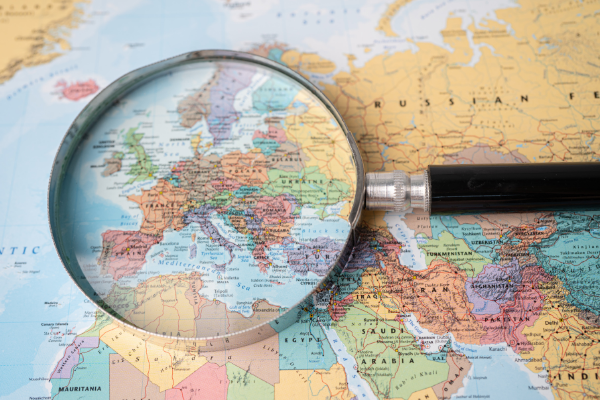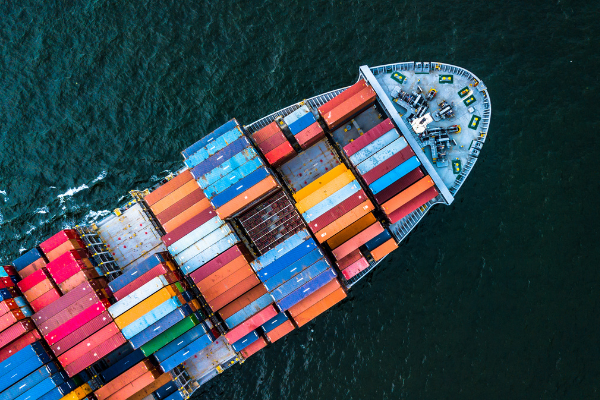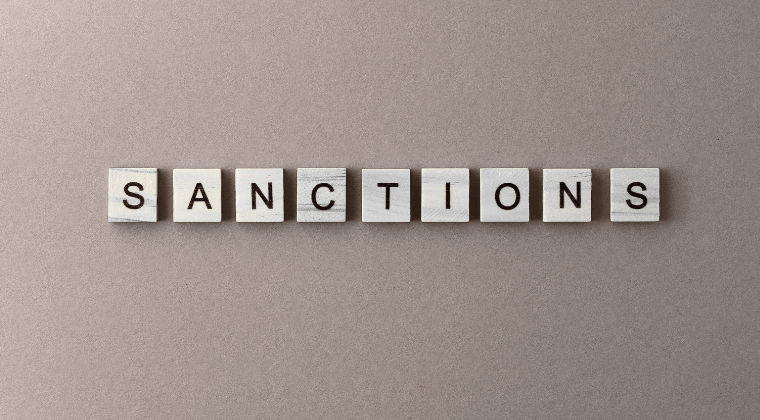BY:
SHARE:

The Comprehensive and Progressive Trans-Pacific Partnership is a trade agreement between Australia, Brunei, Canada, Chile, Japan, Malaysia, Mexico, New Zealand, Peru, Singapore, and Vietnam. The UK applied to join the group in 2021 and signed an accession protocol with all current members in July 2023; however, the road to the UK’s full membership is presenting more challenges than initially anticipated.
The Comprehensive and Progressive Agreement for Trans-Pacific Partnership (CPTPP) is a trade agreement among 11 countries bordering the Pacific Ocean that aims to liberalise regional trade and investment. It covers various aspects such as tariffs, intellectual property, labour, and environmental standards, facilitating economic cooperation and integration among member nations.
Before full UK membership can be established, the agreement must be ratified by the parliaments of all existing members. Currently, Japan and Singapore have completed the ratification process, yet two apparent obstacles remain to be overcome.
The first obstacle is likely to be Canada. Talks between the UK and Canada on a new free trade agreement broke down recently, primarily over concerns about hormone-treated beef. It is feared the dispute may prove a sticking point in Canada getting ratification through their domestic legislation. Currently, the UK enjoys preferential trade with Canada under an extension to the EU-Canada trade agreement, which formerly applied to the UK until the EU-Exit and did not allow for imports of hormone-treated meat products.
The second obstacle is closer to home; we must look no further than Westminster. Business and Trade Committee MPs have called for a debate and a vote on the agreement before ratification. Committee members raised concerns about potential imports of hormone-treated meat (currently banned in the UK) and provisions allowing foreign investors to sue the UK government for actions that damaged their profits. A similar clause in the failed TTIP agreement between the EU and the USA led to widespread protests before talks were finally abandoned in 2019.
Kemi Badenoch, the Minister for Business and Trade, has distanced herself from her department’s report that forecasted CPTPP membership would benefit the UK economy by just 0.08% but has not offered an alternative forecast.
CPTPP membership would give UK exporters and importers preferential trade terms with Malaysia and Brunei for the first time. It is likely to enhance trade terms with the other countries with whom the UK already has existing trade agreements, but the latest development may frustrate government hopes to achieve full group membership by the end of the current year.
If you are interested in exploring this topic further, you might find it worthwhile to consider the training courses and live clinics offered by Strong & Herd LLP:
OneCall™ Email assistance as and when required; A one-call solution for all your import, export and customs enquiries. Export help. Import help. Customs help.
Stay informed about customs and international trade matters by subscribing to our OneCall™ service. This comprehensive offering includes a dedicated email helpline for support, timely practical updates direct to your inbox (Did You Know?), monthly UK Customs & Trade Briefings and access to an interactive members' area with an exclusive community for our subscribers.
International Trade Updates & Spotlight Newsletter
Subscribe to our free information emails covering international trade topics...
MORE INDUSTRY INSIGHTS...












